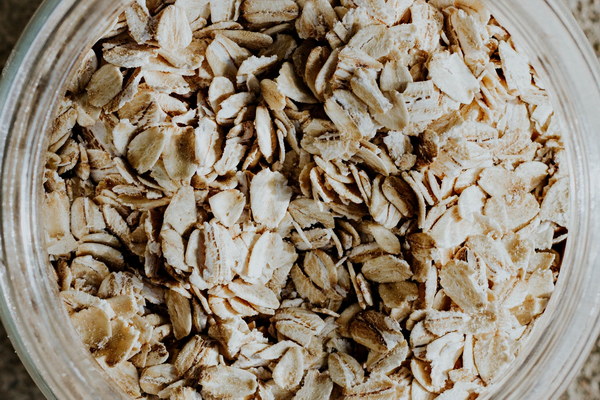Does Vinegar Really Detoxify the Lungs
In recent years, there has been a surge of interest in natural remedies for various health issues. One such remedy that has caught the attention of many is the use of vinegar to detoxify the lungs. But does vinegar really have the power to cleanse the lungs of toxins? Let's delve into the topic and explore the evidence surrounding this claim.

Vinegar, a common household ingredient, is a liquid produced by the fermentation of ethanol by acetic acid bacteria. It is used in cooking, cleaning, and even as a beauty product. However, some people believe that vinegar can help detoxify the lungs, leading to improved respiratory health.
The idea behind this belief is that vinegar has natural detoxifying properties, which can help eliminate harmful substances from the body. According to some proponents, vinegar can break down mucus and phlegm, making it easier for the body to expel them. Additionally, vinegar is thought to have antibacterial and antiviral properties, which may help fight respiratory infections.
While there is some evidence to support the use of vinegar for respiratory health, it is essential to approach this topic with caution. Here are some points to consider:
1. Vinegar and Mucus Breakdown: Some studies suggest that vinegar may help break down mucus and phlegm, making it easier for the body to expel them. However, this does not necessarily mean that vinegar can detoxify the lungs of toxins. The mucus and phlegm are part of the body's natural defense mechanism and are not considered harmful substances.
2. Antibacterial and Antiviral Properties: Vinegar does possess some antibacterial and antiviral properties due to its acidic nature. However, there is limited evidence to support the idea that vinegar can effectively treat respiratory infections or eliminate toxins from the lungs.
3. Risks and Side Effects: While vinegar is generally safe for consumption in small amounts, consuming excessive amounts or using it inappropriately can lead to health risks. For instance, drinking undiluted vinegar can cause burns to the esophagus and stomach. Moreover, vinegar's acidic nature may exacerbate respiratory conditions such as asthma or COPD.
4. Alternative Remedies: Instead of relying solely on vinegar, it is essential to focus on overall respiratory health by adopting a healthy lifestyle. This includes quitting smoking, avoiding pollutants, maintaining a balanced diet, and engaging in regular exercise.
In conclusion, while there is some evidence to suggest that vinegar may help with respiratory health, the claim that it can detoxify the lungs is not well-supported by scientific research. It is crucial to approach natural remedies with caution and consult healthcare professionals before trying any new treatment. A holistic approach to respiratory health, including lifestyle modifications and proper medical care, is the best way to ensure optimal lung function and overall well-being.









